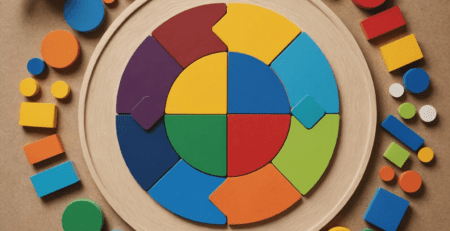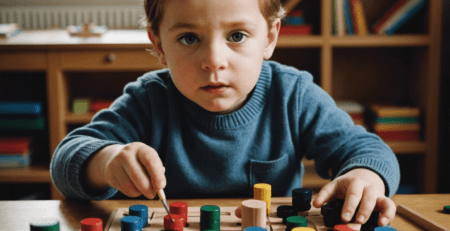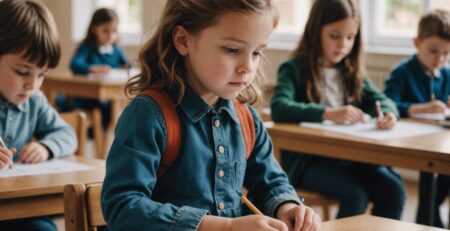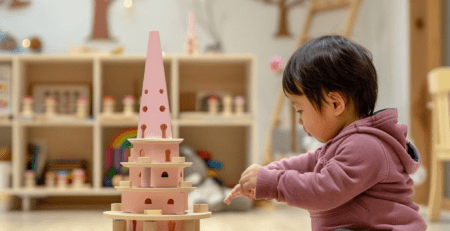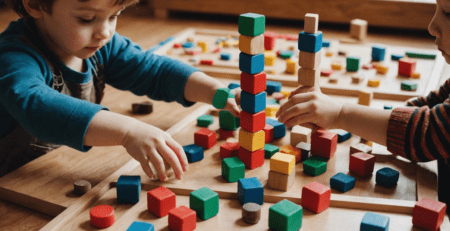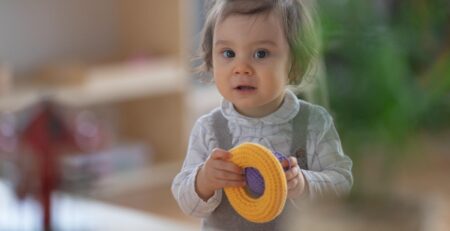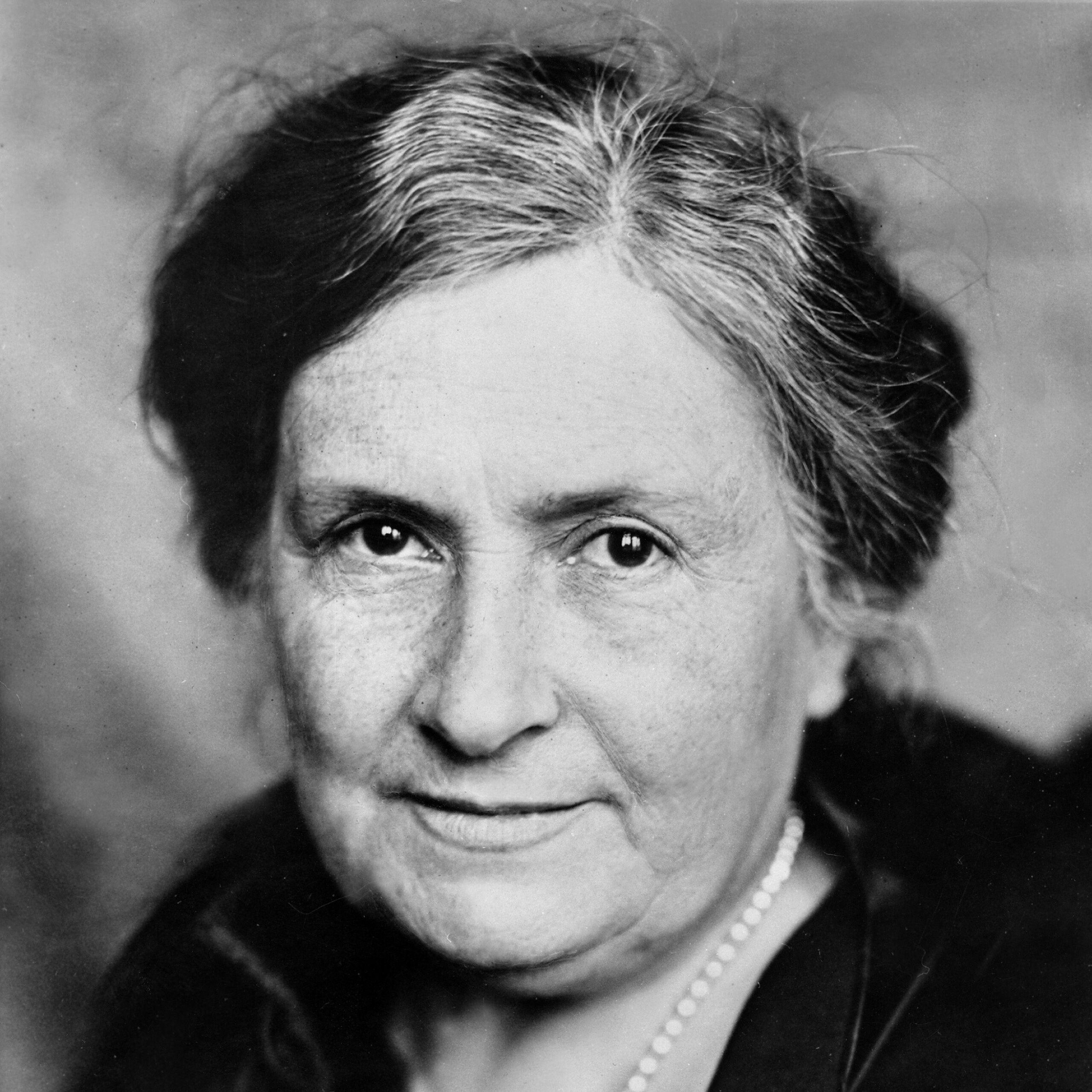
18
Maria Montessori: The Pioneering Educator and Her Enduring Legacy
In the realm of education, Maria Montessori stands as a pioneering figure whose innovative approach to teaching and learning has influenced countless educators and students alike. Her revolutionary and child-centered method has not only reshaped classroom dynamics, but has also left a lasting imprint on the field of education as a whole. As we delve into the life and work of Maria Montessori, we unveil the profound impact of a woman who dared to challenge the status quo and introduce a new way of nurturing young minds.
Table of Contents
- Early Life and Education
- Influence of Scientific Observations
- Development of the Montessori Method
- Expansion of the Montessori Movement
- Legacy and Impact
- Q&A
- Wrapping Up
Early Life and Education
Maria Montessori was born on August 31, 1870, in the town of Chiaravalle, Italy. She was the only child of Alessandro Montessori and Renilde Stoppani. From a young age, Maria showed exceptional intelligence and curiosity, which led her to pursue a career in medicine. In 1896, she became the first woman to attend medical school in Italy, where she studied at the University of Rome. Despite facing gender discrimination, she graduated with honors in 1896, becoming one of the first female physicians in Italy.
During her time at medical school, Montessori developed a keen interest in the fields of psychiatry and pedagogy. This interest would eventually lead her to develop the groundbreaking educational method that bears her name. Her early experiences in medicine and psychology would later influence her approach to education, as she sought to apply scientific principles to the learning process.
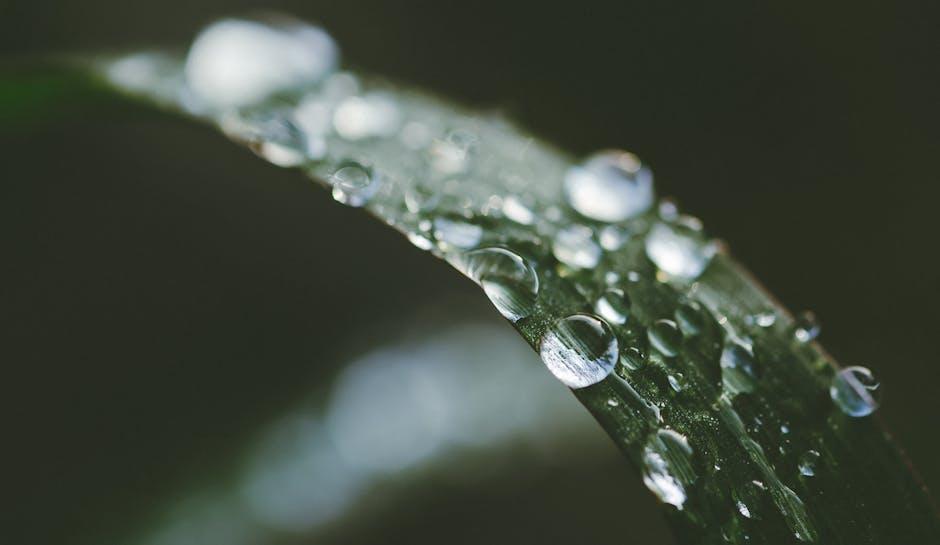
Influence of Scientific Observations
Maria Montessori was a pioneer in the field of education, and her methods were heavily influenced by scientific observations. Her keen interest in psychology and child development led her to develop a revolutionary approach to learning, based on the premise that children learn best through their own natural instincts and abilities. Montessori’s observations of children in natural environments, such as the playground or classroom, formed the basis of her educational philosophy.
Montessori’s scientific approach to education emphasized the importance of hands-on learning and exploration, encouraging children to think for themselves and develop their own unique skills and talents. Her methods were based on careful observation of children at different stages of development, and she used these observations to create a curriculum that was tailored to each child’s individual needs. This approach has had a lasting impact on education worldwide, and Montessori schools continue to be popular for their focus on holistic development and nurturing a child’s natural curiosity.
Development of the Montessori Method
When we talk about the development of the Montessori method, we cannot help but mention the pioneering work of Maria Montessori. Maria Montessori was an Italian physician and educator who developed this educational approach based on her observations of children’s learning behaviors.
Key Developments:
- Maria Montessori’s early experiences in psychiatry and working with children with special needs led her to develop an educational approach centered around the child’s natural development.
- In 1907, she opened the first Casa dei Bambini, or Children’s House, in Rome, where she implemented her new approach, emphasizing independence, freedom within limits, and respect for a child’s natural psychological, physical, and social development.
- Montessori continued to refine her method, publishing numerous books and articles, and establishing a teacher training program to ensure the spread of her approach around the world.
Through Montessori’s dedication and research, her method has continued to evolve and gain popularity in early childhood education. The Montessori Method has since expanded to encompass a wide range of educational levels and has proven to be influential in shaping the way we approach education and child development today.
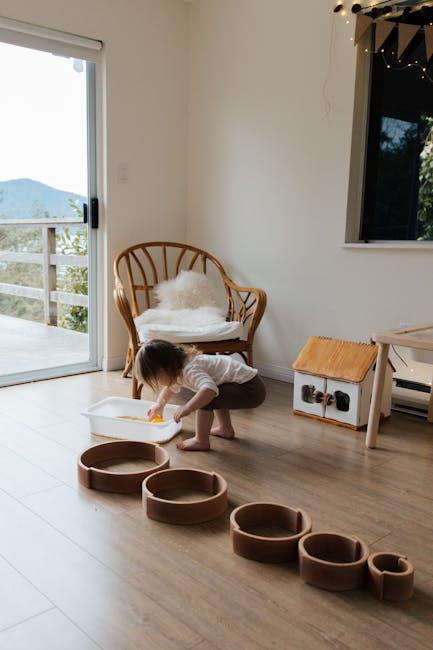
Expansion of the Montessori Movement
One of the most influential figures in education, Maria Montessori, laid the foundation for the Montessori movement, which has grown significantly since its inception. The Montessori method focuses on fostering a child’s natural curiosity, independence, and love for learning through a hands-on, self-directed approach. This approach has gained popularity worldwide, leading to the across different cultures and educational settings.
The global impact of the Montessori movement:
- Montessori schools can now be found in over 110 countries, showcasing the widespread adoption of the Montessori method.
- Montessori principles have been integrated into traditional school systems, demonstrating the influence and acceptance of the approach in mainstream education.
- Montessori teacher training programs have expanded to accommodate the growing demand for educators skilled in the Montessori method, further promoting the movement’s reach.
As the Montessori movement continues to expand, it not only empowers children to become lifelong learners but also reshapes the landscape of education, emphasizing the importance of individualized, holistic development. The legacy of Maria Montessori lives on through the widespread impact of the Montessori movement, enriching the educational experiences of children around the world.
Legacy and Impact
Maria Montessori, an Italian physician and educator, is best known for developing the Montessori method of education, which has had a significant impact on early childhood education around the world. Her legacy is characterized by her revolutionary approach to education, and her work has left a lasting impression on the field of pedagogy.
Legacy
Maria Montessori’s legacy is rooted in her innovative approach to education and child development. The Montessori method emphasizes the importance of independence, freedom within limits, and respect for a child’s natural psychological, physical, and social development. This approach has had a profound influence on education, as it encourages self-directed learning and a holistic view of the child’s development. Montessori’s philosophy has also influenced educational practices beyond early childhood, impacting education at all levels.
Impact
Maria Montessori’s impact on education is evident in the widespread adoption of her methods and principles. The Montessori method is practiced in schools and early childhood education centers around the world, with its emphasis on hands-on learning and individualized instruction. Montessori’s work has also influenced educational theory and research, sparking a renewed interest in child-centered approaches to learning. Her impact can be seen in the thousands of Montessori schools that exist today, as well as the ongoing research and discussions surrounding her methods and philosophy.
Q&A
Q: Who was Maria Montessori and what did she do?
A: Maria Montessori was an Italian physician and educator who developed the Montessori method of education, which emphasizes independence, freedom within limits, and respect for a child’s natural psychological, physical, and social development.
Q: What is the Montessori method?
A: The Montessori method is an educational approach that is focused on hands-on, self-directed learning and collaborative play. It encourages children to develop their natural curiosity and instills a love for learning, while also promoting independence and responsibility.
Q: How does the Montessori method differ from traditional education?
A: Traditional education often relies on teacher-led instruction and a one-size-fits-all approach to learning. In contrast, the Montessori method allows children to learn at their own pace and in their own way, with the teacher acting as a facilitator rather than a sole source of knowledge.
Q: What impact did Maria Montessori have on education?
A: Maria Montessori’s work had a profound impact on education and child development. Her method has been adopted by schools around the world and has influenced modern educational practices. She also paved the way for a greater focus on respecting the individual needs and abilities of children in the classroom.
Q: What can parents and teachers learn from Maria Montessori?
A: Parents and teachers can learn the importance of providing children with an environment that fosters independence, creativity, and a love for learning. They can also learn to trust in a child’s innate ability to guide their own learning and development.
Wrapping Up
In conclusion, Maria Montessori’s innovative approach to education has left a lasting impact on the way children learn and develop. Her focus on self-directed, hands-on learning has shaped the way educators and parents approach early childhood education. Montessori’s legacy continues to inspire and influence the education system, and her revolutionary ideas will undoubtedly continue to shape the future of learning for generations to come. As we reflect on her contributions, we are reminded of the profound impact one person can have on the world through their passion and dedication to making a difference. Maria Montessori’s work will forever be celebrated and revered for its groundbreaking influence on the field of education.


